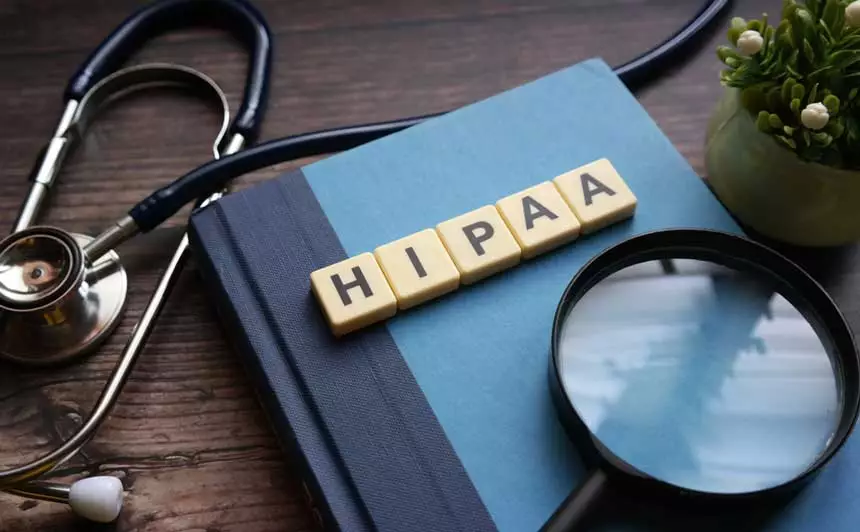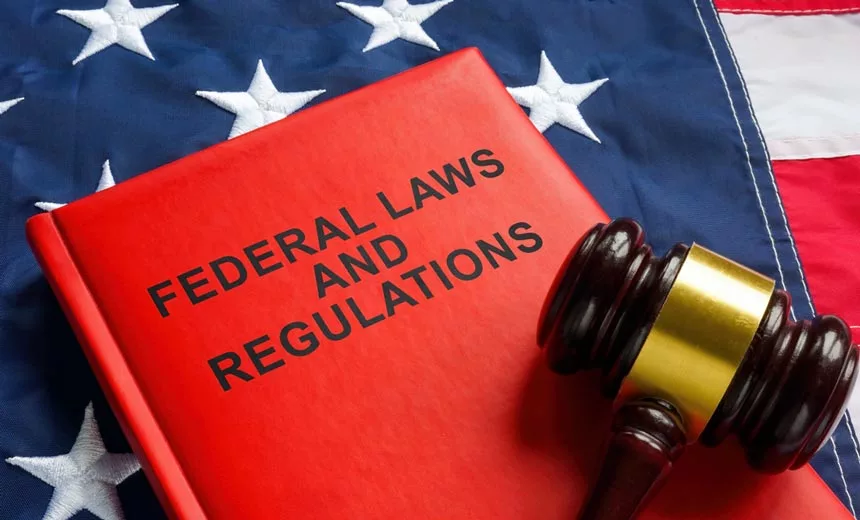Does Going to Rehab Go On Your Record?
Table of Contents
- Does Going to Rehab Go On Your Record?
- Keeping Your Drug and Alcohol Rehab Stay Private
- What is the Health Insurance Portability and Accountability Act?
- What Medical Records are Protected By HIPAA?
- What Substance Abuse Treatment Programs are Protected By HIPAA?
- FAQs on Addiction Treatment Records
- Find Addiction Treatment Programs Near You Now!
- Medically Reviewed By
The fear of judgment or penalization from their loved ones, society, or their job can be enough to keep many people from seeking treatment for a drug or alcohol addiction. However, this does not have to be the case.
So, does going to rehab go on your record? In short, it does not to any damaging degree in most cases. There are several privacy laws in place to help protect your personal health information, including your decision to attend a professional drug rehab program.
Keep reading to learn more about how you can seek treatment in confidence, and how to get started on your recovery journey with confidentiality ensured today!
Keeping Your Drug and Alcohol Rehab Stay Private
While your personal health record may contain information about any medical treatment used to help you overcome an alcohol or drug addiction, this information is private and will only be accessible by you and your healthcare providers, unless this permission is granted by yourself.
This doctor-patient confidentiality is protected by federal law. One of these laws includes the Health Insurance Portability and Accountability Act, or HIPAA.
What is the Health Insurance Portability and Accountability Act?
HIPAA is a federal law that puts national standards of privacy protection for patient health information, which essentially stops the spreading of this information unless the patient has provided their written agreement.
Issued by the US Department of Health and Human Services (HHS), the HIPAA Privacy Rule serves to reinforce and implement HIPAA requirements. The information covered under this rule is further protected by the HIPAA Security Rule.
What Medical Records are Protected By HIPAA?
Now that you know what HIPAA is, you may be wondering what information specifically is protected under federal regulations.
Personal health information includes any information recorded in any medium, whether orally, electronically, or written, that:
- Has been created or received by your healthcare provider, health plan, public authority, employer, life insurance provider, academic organization, or healthcare clearinghouse.
- Is related to a past, present, or future mental/physical health condition, healthcare services provided to you, or payments made for a healthcare service received.
Be aware that some exceptions may occur with the intersection of employee assistance program procedures and your privacy, and make sure to research the confidentiality guidelines of your EAP program rehab coverage details if you are seeking assistance through this approach.
What Substance Abuse Treatment Programs are Protected By HIPAA?
Along with your other personal health information, any treatment received at an addiction rehab center will be protected through HIPAA. The Code of Federal Regulations (CFR) offers additional protection for your privacy.
This was put into place to protect individuals involved in domestic or criminal proceedings during their addiction recovery process, as this could disrupt their rehab stay or serve as a barrier to treatment, which may have adverse consequences for those struggling with a SUD diagnosis outside of a medical setting.
The treatment providers at your rehabilitation center will be the only ones privy to your health information, which they will not be able to disclose to other clients, or anyone outside of the facility. This information may only be shared if:
- You have provided your written consent for this information to be released
- A court order has been issued for the release of this information
- The information is being disclosed to medical personnel in the event of a medical emergency, or for research and auditing purposes, or a program evaluation
Unless your health information is being released for these specific purposes, it should remain private. Any suspected violation of these laws and regulations by rehab facilities (or any other healthcare setting) is a crime and should be reported to the appropriate authorities in accordance with these regulations.
You will most likely be walked through your rights and the privacy policies upheld by your treatment center during the admissions process, including any and all HIPAA information you will need to know before receiving treatment.
This may include requiring you to read and sign paperwork confirming that you have received this information and understand your rights in relation to your privacy protections.
FAQs on Addiction Treatment Records
Are There Exceptions for Releasing Drug Abuse Patient Records?
Generally, a patient’s records cannot be distributed without their written consent. However, there are a few exceptions to this HIPAA privacy rule. For starters, a person’s medical information can be shared if this is in compliance with a court order or subpoena.
Aside from self-disclosure purposes, this information may also be shared for insurance purposes amongst covered entities or any other qualified individual, such as when submitting a claim for coverage.
Covered entities include your insurance company, health plans, clearinghouses that may handle certain healthcare transactions electronically, healthcare providers, and business associates.
Outside of these circumstances, your information cannot be shared unless you have given your explicit consent.
Why Do People Want to Keep Rehab Confidential?
There are many reasons why you may want to keep your time spent in rehab private. Apart from the inherent right to keep any and all medical information to oneself, people may also want to keep this information confidential because:
- They want to avoid the stigmas and judgments from others for getting addiction treatment.
- They want to avoid repercussions from their current job or having their history of substance abuse come up on a background check with future employers.
- They want to avoid having their rehabilitation program being added to their permanent record.
No matter what the reason, knowing that there are several federal regulations and laws in place to help keep your information secure can help ease the fear behind getting help for your drug use, and finally allow you to start exploring your treatment options.
Can I Join the Military if I Went to Rehab?
When joining the military, you will likely be asked whether you have a history of drug or alcohol use. While past recreational use of “softer” drugs like marijuana or alcohol may not pose a significant issue while trying to enlist, harder drugs may be more difficult to work around.
If you were previously dependent on drugs or alcohol, this may make you ineligible to enroll in the military. However, this can vary based on your specific circumstances. A history of selling or otherwise trafficking drugs will likely disqualify you from enrolling in the military.
Will I Lose My Job if I Go To Rehab?
While many people share the concern that they will lose their jobs if they participate in substance abuse programs, there are protections in place for this, as well.
Employment laws such as the Americans With Disabilities Act (ADA) and Family Medical Leave Act (FMLA), alongside the Affordable Care Act (ACA), all allow those in need of treatment get the help they need through providing job-protected leave.
Does Going to Rehab Go On Your Criminal Record?
No, spending time at a rehab facility will not go on your criminal or permanent record. However, if your illegal drug use or alcohol abuse caused you to engage in illegal activities, or if you have been caught in possession of or tracking illicit substances, this information will be placed on your record.
Does My Family Have Access to My Medical Records?
Unless you have explicitly given your consent for your health information to be accessible by your family members (or anyone else), your records will remain strictly confidential. The only way they can find out that you have received treatment for your substance abuse is if you personally choose to share this information.
Find Addiction Treatment Programs Near You Now!
If you are looking for drug and alcohol treatment, you can rest easy knowing that your information is protected and private. You can get the help you need, without having to worry about anyone else’s judgment for choosing to make your life better.
The Find Addiction Rehabs team can help you verify your insurance coverage and find confidential and effective treatment facilities nationwide to help you overcome your substance use disorder.
The only person who can make the choice to take back control over your life is you. Call now, and we will help you take the first step on the path to sobriety, today!
Eric R. hails from Maine and does extensive work in the field of behavioral health as both a professional writer and passionate advocate for those suffering. From his own personal encounters with mental illness, he speaks to those seeking healthy relief from depression and anxiety and embraces wellness both personally and professionally. After losing friends and family to the darkness of suicide, Eric aims to educate and inform about the nature of treatment and render it accessible for all those seeking a way out of darkness and despair.



